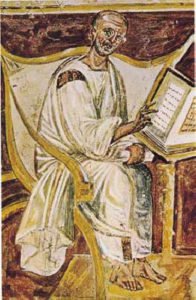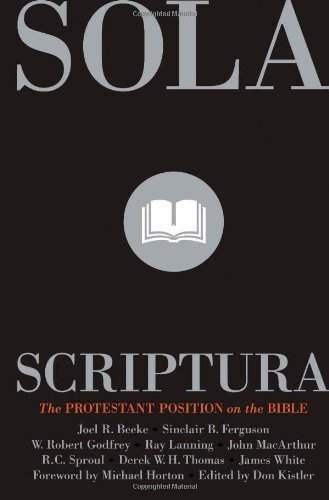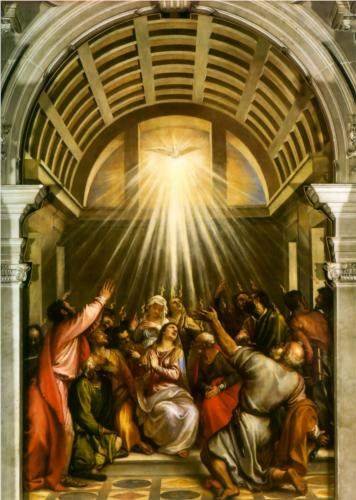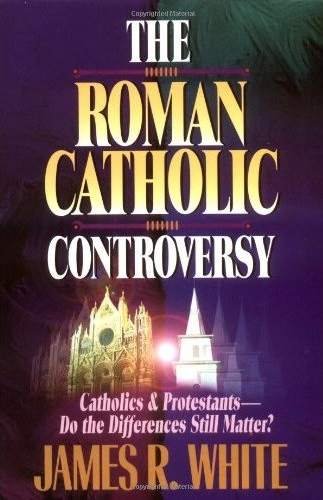It’s been a little while since I’ve posted, so I wanted to give you an update.
I graduated in December with my latest degree, in computer science. I’ve gone to work as a research scientist in information technology for a research center at my university. For the first time in my life, I consider myself gainfully employed, and it’s a good feeling. Work keeps me busy, not in the same, 24/7, constant-crisis mode of being in school, but in a consistent, rewarding manner that brings new challenges and opportunities to research and learn every day. I really love my job. I’m engaged to be married. Life is moving forward, after years of feeling like I was running in a hamster wheel.
As part of my daily commute, I started listening to audiobooks a year or so ago. I listened to Stephen King’s epic The Stand three times in a row — it being the only book I had at the time and an enthralling one. Then I subscribed to Audible.com, where I can get new books every month. After a couple of abortive forays into other fiction, I began listening to audio courses in history through Audible and The Great Courses. I listened to an outstanding history of Christianity by Professor Luke Timothy Johnson; now I’m about halfway through another great history of Christianity in the Reformation Era by Professor Brad S. Gregory. What I have learned is inspiring and challenging.
The truth is, even with my history degrees, I’ve felt my foundation in the history of the whole of Christianity was weak, especially in the Reformation era. I took one survey course in the history of Christianity years ago with Dr. G, and it was life-changing, but it stopped short of the Reformation. I took several other courses in medieval European history, but never took Dr. G’s Renaissance and Reformation course, which I’ve always regretted. I had one graduate course in early modern European historiography which touched on some Reformation topics. Beyond that, my only contact with Reformation history as a whole was in the broad European survey courses I took as an undergraduate and helped teach as a graduate.

The earliest known portrait of Saint Augustine in a 6th-century fresco, Lateran, Rome. (Wikimedia)
I’ve written here how history guided me to the Catholic Church. It’s true, what I learned of the Catholic Church in especially Dr. G’s surveys, and of the great Church Fathers, bishops, popes, and theologians, was something to fall in love with. As I approached the Church later, what guided me most was my own study of the Church Fathers — realizing that the faith and Church of the Fathers did not at all resemble anything in the Protestant world, but rather instead gave the foundations and antecedents of the Catholic Church. This was enough to convince me that this course is right, but it gave a rather lopsided view, especially coupled with my immersion in Catholic apologetics.
My reengagement with history has been sobering. Rather than the triumphalism of apologetics, I am coming to see that the Church has had many faults and foibles. Christians have done wrong, committed sins, or otherwise fallen short of the glory and calling of the Gospel of Christ. Doctrines and traditions have accreted, built up and calcified in not a glorious way, but at times a constrictive way, impeding people from coming to Christ rather than bringing them to Him more ably. I see that reform was desperately needed — as it is always needed. Just as in our individual lives, we must constantly reform ourselves and turn again toward Christ, so as a Church we must constantly be reformed and refreshed and renewed. There were glories of the medieval Church, but there were also failures. Semper reformanda.
That is not to say that I’m a fan of the Protestant Reformation, either. From chapter to chapter, my emotions have ranged from disgust and revulsion, to horror, to deep depression at the extreme actions and reactions of Protestants. Yes, reform was needed; yes, the institutional Church was slow to embrace it; but no, not only Protestant theology, but especially the way in which Protestant reforms were carried out, was deeply wrong and destructive. Daily I struggle to understand how so many Christians raised up in the traditions of the Church, even those educated as ministers, could so vehemently, viciously, and hatefully turn against her and reject her.

Matthias Burglechner, The Council of Trent, 16th century (Wikimedia Commons).
More than anything, I am seeing how it is only by the grace of God that we have a Church at all; how He holds us up, even in our weakness and failures. Triumphalism in apologetics bothers me almost as much as falsehood. It is misleading to present that the Church was always right and that Christians have never made mistakes, or that the way things are now is the exact same way they have always been. I have struggled for a long time to understand Protestant arguments, to understand how, presented with the same Catholic arguments that I have found so convincing, others do not. I’m convinced now that a good apologist must acknowledge faults, but present how even despite them, God has used the Church. The strongest argument of all to me, now, is that despite all the ways humans have screwed it up, despite the “idolatry” and “apostasy” the Protestants who abandoned her charged, God did reform the Catholic Church and continues to use her, even more ably than before, as a vessel of salvation. It’s a testimony, too, that the Protestant enterprise was not wholly corrupt, but that Protestants and Protestant churches have continued to be used for God’s glory, and that they too can change, be tempered, and be reformed. The greatest truth, I’m convinced, lies somewhere in our reconciliation and reunion.
May we all be reformed and renewed in this journey of Lent toward the Resurrection. I hope to write more about these reflections soon.
[Oh, by the way, my site (and my whole hosting account) was recently hacked. I believe it’s fixed now, but please let me know if you see anything suspicious.]







